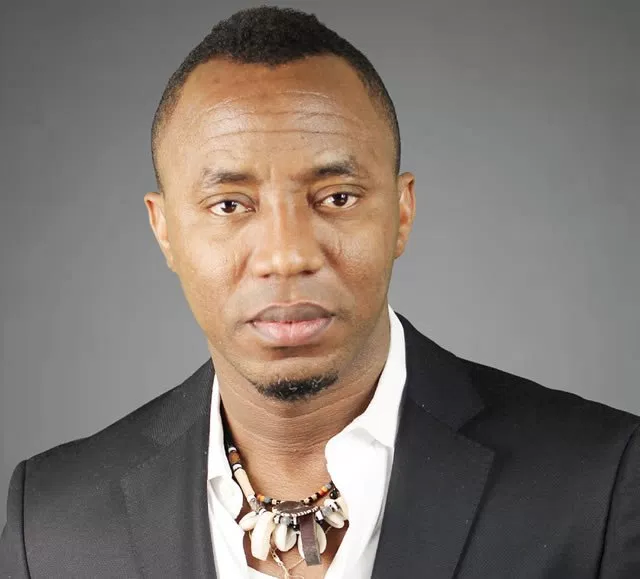World Health Day: FG begs resident doctors to call off strike

…Says, it is not a good time to embark on such activities
Doosuur Iwambe, Abuja
As Nigeria joins the rest of the world to commemorate the 2021 World Health Day, the federal government has appealed to resident doctors to call off their ongoing strike action and return to work.
Speaking during an address to commemorate the 2021 World Health Day, the minister of health Dr. Osagie Ehanire noted that it is not a good time to embark on such activities.
‘’I call on our striking Resident doctors to call off their strike and return to work, as this is not a good time for such activities. House Officers have started receiving their outstanding entitlements and we are working assiduously to address other issues raised by the doctors’’, Dr. Ehanire said.
The minister who disclosed that the theme for this year’s celebration ‘building a fairer, healthier world for everyone’ is apt said, the theme is a reminder that access to healthcare is not a privilege but a human right for the protection of every Nigerian.
He said, while the outbreak of covid-19 pandemic dealt a heavy blow on health systems and economies of all nations, it also opened all eyes to the urgent need of expand and improve not only on public health security but also basic on healthcare.
‘’Covid-19 pandemic threatened both health and economy of nations and citizens. It took lives directly and, by slowing down routine and essential health services, led to worse outcomes for population health.
It also damaged livelihoods, such that communities with no robust social safety net in the form social support or sustained income were not able to cope.
‘’Countries struggled to provide needed support for food and medicines, exposing inequities in the society. Government at both Federal and State levels, with support from the organized private sector, rallied to protect citizens and invest to expand COVID-19 testing and treatment capacities.
Today we have a much stronger public health laboratory capacity, indicating the strong political will to act in the interest of citizens; but also teaching us that the task of building back better and stronger of both the health sector and the economy, is a collective effort.
‘’Despite our best efforts however, important lessons must be learned from the COVID-19 response. One relates to today’s world health day theme on building a fairer, healthier world for everyone.
Within this theme is the need to pursue equity of access to quality healthcare services’’, the minister said.
He added that to support the Basic Health care Provision Fund, the Federal Government has made provision for mandatory health insurance for Nigerians in order to guarantee a basic minimum package of health service at no cost to citizens.
Earlier, the WHO Regional Director for Africa, Dr Matshidiso Moeti in her message to mark the day said that the outbreak of COVID-19 pandemic exposed the inequalities between countries.
Dr Moeti disclosed that African countries were the most vulnerable as they were pushed at the back of the queue in accessing COVID-19 test kits, personal protective equipment and now vaccines.
According to her, out of the 548 million COVID-19 vaccine doses administered worldwide, only 11 million, (two percent) have been discharge to Africa, whereas the continent accounts for at least 17% of the global population.
To address some of the challenges, Dr Moeti emphasized the need to act on the social and economic determinants of health, by working across sectors to improve the living and working conditions, access to education, particularly for the most marginalized groups.
‘’There are also inequities within countries. Discrimination based on gender, place of residence, income, educational level, age, ethnicity and disability intersect to disadvantage vulnerable populations.
Recent data from 17 African countries show, for example, that a person with secondary school education is three times as likely to have access to contraception as someone who has not attended school.
Those in the highest economic quintile are five times more likely to deliver their babies in health facilities and have their babies vaccinated with BCG compared to those in the lowest quintile.
‘’To improve this situation, we need to act on the social and economic determinants of health, by working across sectors to improve living and working conditions, and access to education, particularly for the most marginalized groups.
Communities need to be engaged as partners, through their networks and associations, to shape and drive health and development interventions.
‘’A key challenge in overcoming inequities is that there is limited data showing who is being missed and why.
To address this, national health information systems need to capture age, sex and equity stratified data. This information can then be used to inform decision- and policy-making’’, she added.
She further reaffirmed the WHO commitment to work with countries to strengthen capacities to collect, manage and use data, and to enhance monitoring and action to address avoidable inequities.







